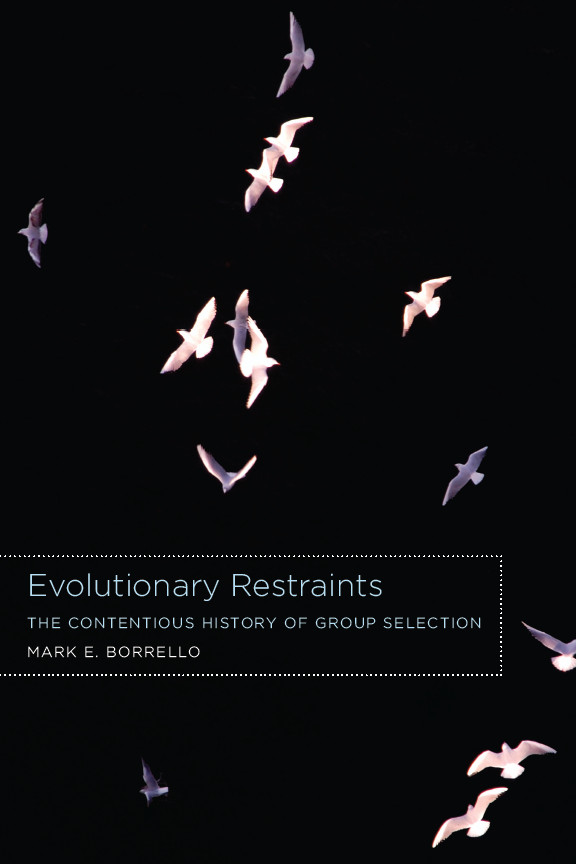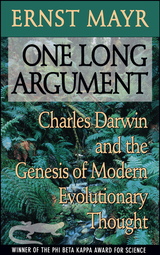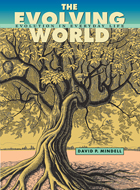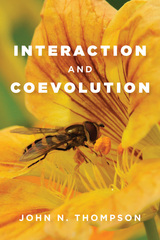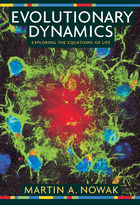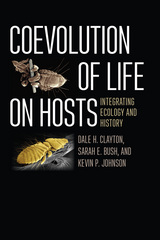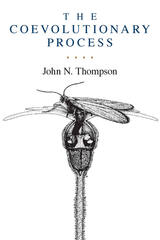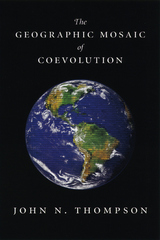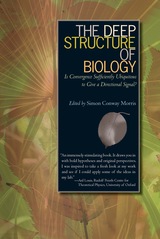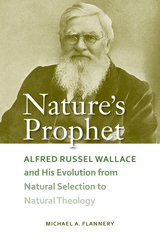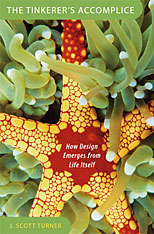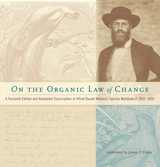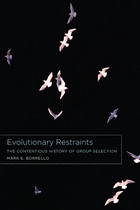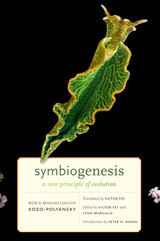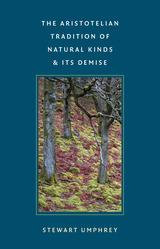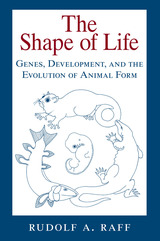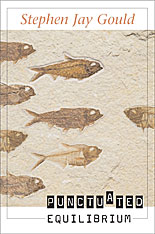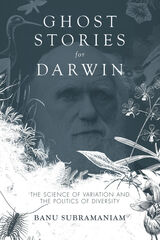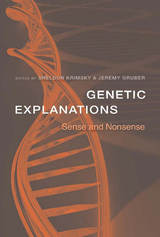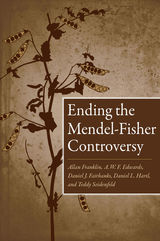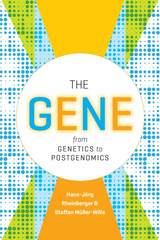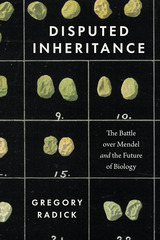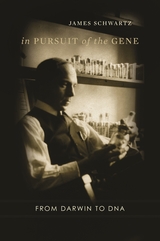Evolutionary Restraints: The Contentious History of Group Selection
University of Chicago Press, 2010
eISBN: 978-0-226-06702-5 | Paper: 978-0-226-06703-2 | Cloth: 978-0-226-06701-8
Library of Congress Classification QH376.B67 2010
Dewey Decimal Classification 576.82
eISBN: 978-0-226-06702-5 | Paper: 978-0-226-06703-2 | Cloth: 978-0-226-06701-8
Library of Congress Classification QH376.B67 2010
Dewey Decimal Classification 576.82
ABOUT THIS BOOK | AUTHOR BIOGRAPHY | REVIEWS | TOC | REQUEST ACCESSIBLE FILE
ABOUT THIS BOOK
Much of the evolutionary debate since Darwin has focused on the level at which natural selection occurs. Most biologists acknowledge multiple levels of selection—from the gene to the species. The debate about group selection, however, is the focus of Mark E. Borrello’s Evolutionary Restraints.
Tracing the history of biological attempts to determine whether selection leads to the evolution of fitter groups, Borrello takes as his focus the British naturalist V. C. Wynne-Edwards, who proposed that animals could regulate their own populations and thus avoid overexploitation of their resources. By the mid-twentieth century, Wynne-Edwards became an advocate for group selection theory and led a debate that engaged the most significant evolutionary biologists of his time, including Ernst Mayr, G. C. Williams, and Richard Dawkins. This important dialogue bled out into broader conversations about population regulation, environmental crises, and the evolution of human social behavior. By examining a single facet in the long debate about evolution, Borrello provides powerful insight into an intellectual quandary that remains relevant and alive to this day.
See other books on: Contentious History | Evolution | Group selection (Evolution) | Life Sciences | Science
See other titles from University of Chicago Press
